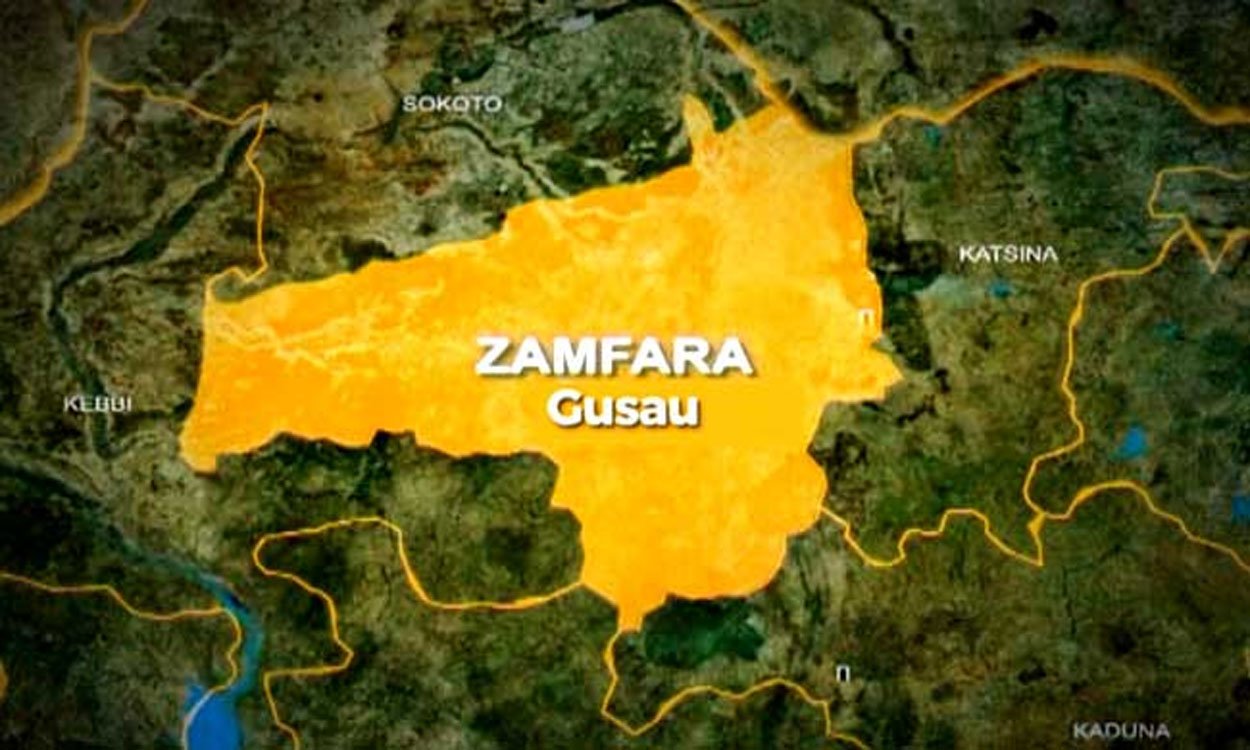Chairman of the Economic and Financial Crimes Commission, EFCC, Ola Olukoyede, has encouraged Nigerians at the local government level to be ready and willing to offer information to the anti-graft agency at all times on how their resources are being used.
A statement issued by EFCC spokesperson, Dele Oyewale, on Saturday said Olukoyede made the call during a two-day workshop organized by the Kaduna State Ministry of Local Government.
The EFCC boss, who spoke through the Kaduna Acting Zonal Commander, Aisha Abubakar, emphasized the need for collaboration in the fight against economic and financial crimes, stressing his resolve to pay more attention to the preventive framework in tackling corrupt practices.
He noted that adopting preventive measures is always cost effective, adding that crimes and criminality are better tackled when incentives to corruption are reduced to the barest minimum.
He said conscious efforts to promote fiscal discipline, transparency and efficient management of resources at the grassroots should be encouraged in order to strengthen local government administration in Nigeria.
According to him, “Nigerians at the grassroots should be willing and ready to offer information to the EFCC at all times on how their resources are being used. This brings us to the need for whistleblowing. They should be ready to join the EFCC in exposing corrupt practices in their midst.
“We will emphasize more on preventive measures against corruption. International best practices in the fight against graft put preventive frameworks on the front burner.”
Olukoyede also advised local government officials to ensure economic development in their localities by avoiding stealing and financial misappropriation.
In her remarks, Kaduna State Deputy Governor, Dr Hadiza Sabuwa Balarabe, called on the local government functionaries to embrace financial discipline in line with international best practice and avoid any form of corruption that may disrupt the financial system.





2 Comments